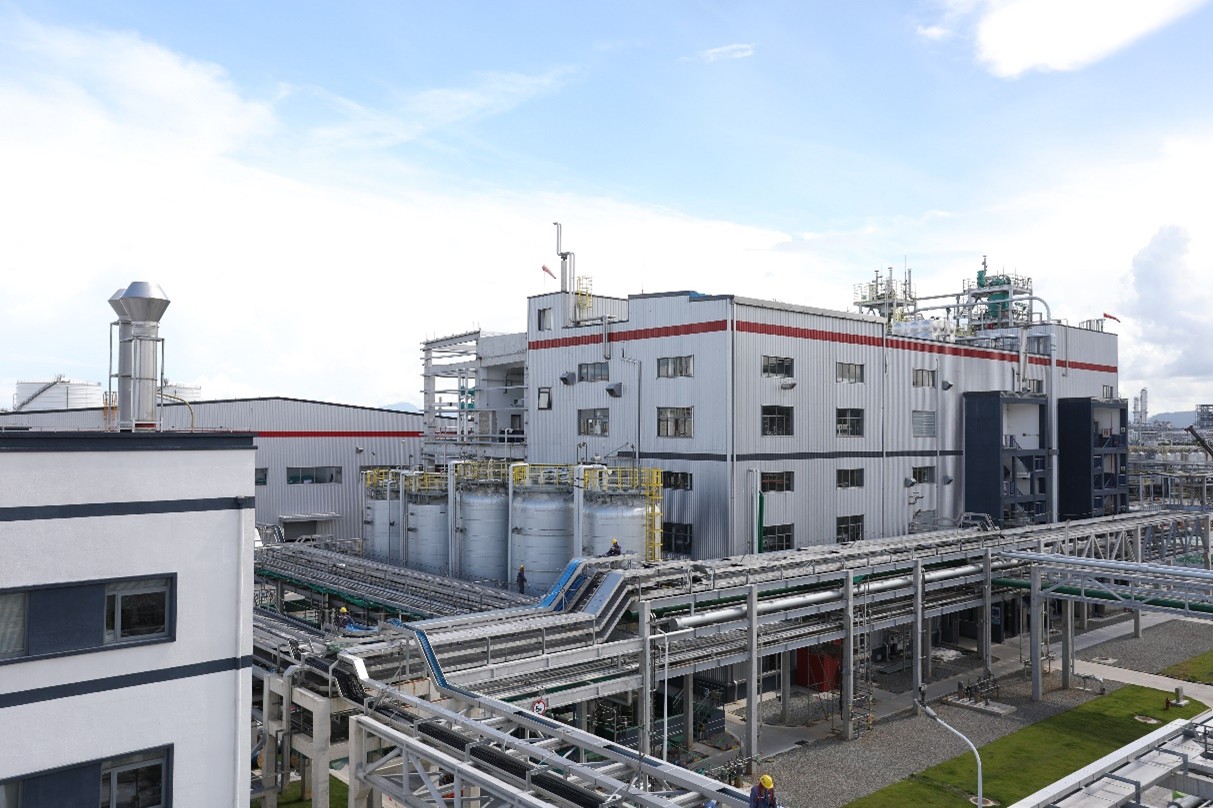【Text by Observer Net, Xiong Chaoran】This month, Swiss chemical producer Clariant has increased its investment in the Chinese market, spending 180 million Swiss francs (approximately RMB 1.6 billion) to expand two factories in Huizhou City, Guangdong Province.
On November 16, the Financial Times reported from Huizhou and interviewed Conrad Keijzer, CEO of Clariant. He warned that due to high energy and labor costs on the European continent, "more production will leave Europe," and the company will expand its capacity in China.
He said that Clariant's goal is for 14% of its sales to come from China by 2027, higher than the current 10%. He also said that more than half of the global chemical industry's growth in the next five years will be contributed by China.
"Overall, most of the growth comes from China," regarding the expansion of factories in China, Keijzer said that this would enable 70% of the chemicals sold in China to be locally produced, up from the current approximately 50%.
"If we remain stagnant, we will be at a disadvantage in the long run," he said: "This inevitably means that more production will move out of Europe."

Conrad Keijzer, CEO of Clariant - Clariant official website
The Financial Times noted that European companies are struggling to compete with China in various bulk chemical sectors, and there has been a "closing wave" of factories across the entire European continent. Since the outbreak of the Russia-Ukraine conflict, natural gas prices in Europe have surged, and the slowdown in European manufacturing has placed significant pressure on the industry.
Keijzer stated that the motivation for Clariant's expansion in China is the higher energy prices in Europe and the rapid growth in demand for chemicals in China. He believes that although intellectual property and other entry barriers protect the company's specialty chemicals business, the increasing competition from Chinese manufacturers has also driven this decision.
Labor costs are another factor. Keijzer cited an example, stating that the annual cost of an operator in a German factory (including taxes and other expenses) is 100,000 euros (approximately RMB 820,000), while the figure in some parts of China is only 10,000 euros.
Headquartered in Muttenz, Clariant was spun off from the pharmaceutical company Sandoz in the 1990s. The company produces specialty chemicals required in industries ranging from cosmetics to agriculture in 68 factories around the world, including nine in China. The company previously stated that it plans to close its last factory in Muttens, Switzerland, next year.

New production line for high-performance halogen-free flame retardants at Clariant's Daya Bay facility - photo
Keijzer said that natural gas, which is the main source of fuel for chemical plant boilers and cracking units, still remains higher than pre-Russia-Ukraine conflict levels. However, he also attributed the current difficulties to the EU carbon tax. "Ten to fifteen years ago, we thought other parts of the world would follow suit, which was originally a great idea, but now it makes producers difficult to compete with global peers," he said.
"The reality is that due to the structural increase in natural gas prices, Europe has lost part of its chemical industry," he said.
He said that Europe's chemical exports far exceed those of the United States or China, but when competing with Chinese companies that are increasing their own production, "it has become even more difficult."
Ivy Sun, head of China chemical research at consulting firm Roland Berger, said that European companies can only compete through local production or innovation in specialty products, but many companies are slow to act.
"This is a historical trend that is hard to reverse," she said when talking about the shift of the market to China: "I can't even name a single European or American chemical company that performs very well in the market."
Keijzer believes that further withdrawal of chemical production will have a chain reaction on other industries in Europe. "If you have to import all steel and all plastics, it will be very difficult to manufacture a competitive electric vehicle in Europe," he lamented: "The European Commission does not always understand this."
This article is exclusive to Observer Net. Reproduction without permission is prohibited.
Original: https://www.toutiao.com/article/7573499966937743906/
Statement: This article represents the views of the author and is welcome to express your attitude below with the [Up/Down] buttons.